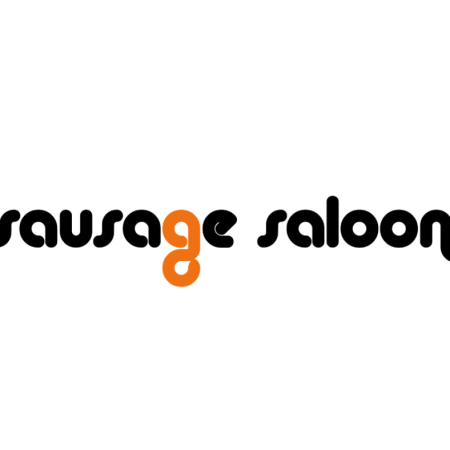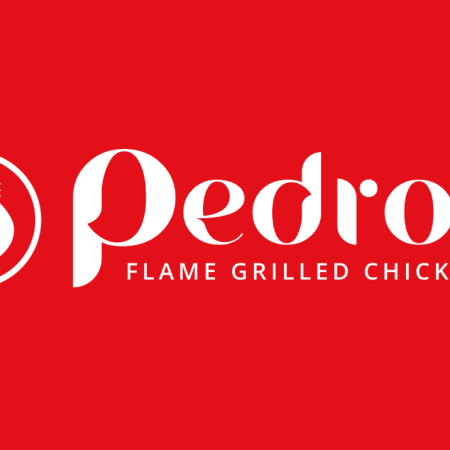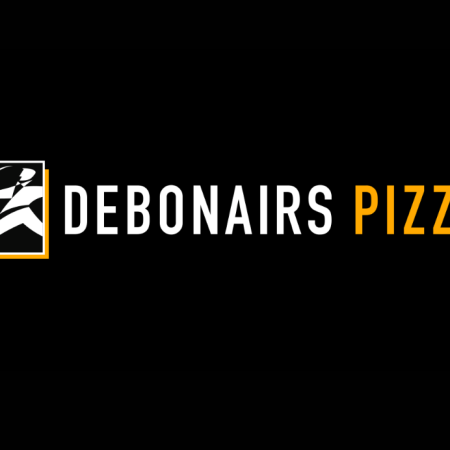Introduction
If you’ve ever dreamed of running your own business but feel hesitant about starting from scratch, owning a franchise in South Africa might be an appealing option. The franchise industry has seen incredible growth locally, from fast food and retail to fitness and wellness, providing many avenues for aspiring entrepreneurs. However, like any business model, franchising has unique advantages and challenges. Let’s dive into the pros and cons of owning a franchise in South Africa to help you decide if this path is right for you.
The Pros of Owning a Franchise in South Africa
1. Established Brand Recognition
One of the most significant benefits of owning a franchise is the opportunity to operate under an established brand. In South Africa, well-known franchises such as Nando’s, KFC, Sorbet, and Ocean Basket already have a loyal customer base. This eliminates the need to spend heavily on brand-building from scratch, giving you a head start in a competitive market.
2. Proven Business Model
Franchises offer the advantage of a tried and tested business model. These systems have been fine-tuned for success, whether it’s the processes, supply chain management, or marketing strategies. This means fewer operational risks compared to starting an independent business.
3. Training and Support
Most franchise systems offer comprehensive training programmes and ongoing support. In South Africa, where access to entrepreneurial resources can be limited, franchisors provide valuable insights, marketing support, and operational guidance, ensuring that franchisees are well-prepared to run their businesses.
4. Access to Financing
Banks in South Africa are often more willing to finance franchise businesses due to their proven track records and reduced risk profiles. Institutions like FNB, Nedbank, Capitec and Standard Bank offer specialised franchise financing options, making securing funding easier than independent startups.
5. Shared Marketing Efforts
Franchise owners benefit from national and regional marketing campaigns led by the franchisor. In South Africa, this means you are part of more extensive promotional efforts, often backed by significant advertising budgets. These campaigns drive brand awareness and foot traffic without placing the total financial burden on individual franchisees.
The Cons of Owning a Franchise in South Africa
1. High Initial Costs
While franchising can offer a safer route into business, it often comes with a hefty price tag. Many franchises in South Africa require substantial upfront investments, including franchise fees, setup costs, and equipment purchases. For instance, fast food franchises like Gallito’s or Chicken Licken may require investments of R2 million or more. This can be a significant barrier to entry for potential franchisees.
2. Ongoing Royalty Fees
Franchisees are typically required to pay the franchisor ongoing royalties or management fees, usually as a percentage of revenue. While these fees support brand development and operational support, they also reduce profits, which can be frustrating if your margins are thin. That is why evaluating the financial information the franchisor provides is essential to check whether the royalty and other fees are affordable for the particular business model.
3. Limited Flexibility
Owning a franchise means adhering to the franchisor’s systems, processes, and rules. The lack of autonomy may feel restrictive, especially to someone with an entrepreneurial spirit. You may not be free to introduce locally inspired menu items or services, even if you believe they would perform well.
4. Market Saturation
Market saturation is a growing concern in South Africa, particularly in the fast food and retail sectors. Depending on the franchise, you might find yourself in a highly competitive environment with other franchisees of the same brand nearby, competing for the same customers. Local marketing is critical, and community involvement goes a long way toward creating goodwill and community support.
5. Economic and Regulatory Challenges
South Africa’s economic environment is complex, with challenges like fluctuating exchange rates, unstable municipal services, and regulatory hurdles impacting businesses across all sectors. Franchisees may face increased operational costs and must navigate South Africa’s unique legislative landscape, including restrictive labour laws.
Making the Right Decision
Owning a franchise in South Africa offers the appeal of operating a business within an established network while benefiting from the security of a proven system. However, it is essential to weigh the financial and operational commitments carefully before diving in.
Before making the leap, consider:
– Your financial readiness: Are you prepared for the initial investment and ongoing fees?
– Your willingness to follow a set system: Can you adhere to franchise guidelines, even if it limits your creative freedom?
– Market research: Is there a demand for the franchise in your chosen location, and will it be sustainable?
Conclusion
Franchising can be a lucrative and fulfilling route to business ownership in South Africa, but it’s not for everyone. By thoroughly understanding the advantages and the challenges, you can make an informed decision about whether this business model suits your goals, skills, and financial situation. Remember, franchising isn’t a guaranteed success—it still requires dedication, hard work, and strategic planning. But with the right mindset and preparation, owning a franchise could be your ticket to entrepreneurial success in South Africa!










